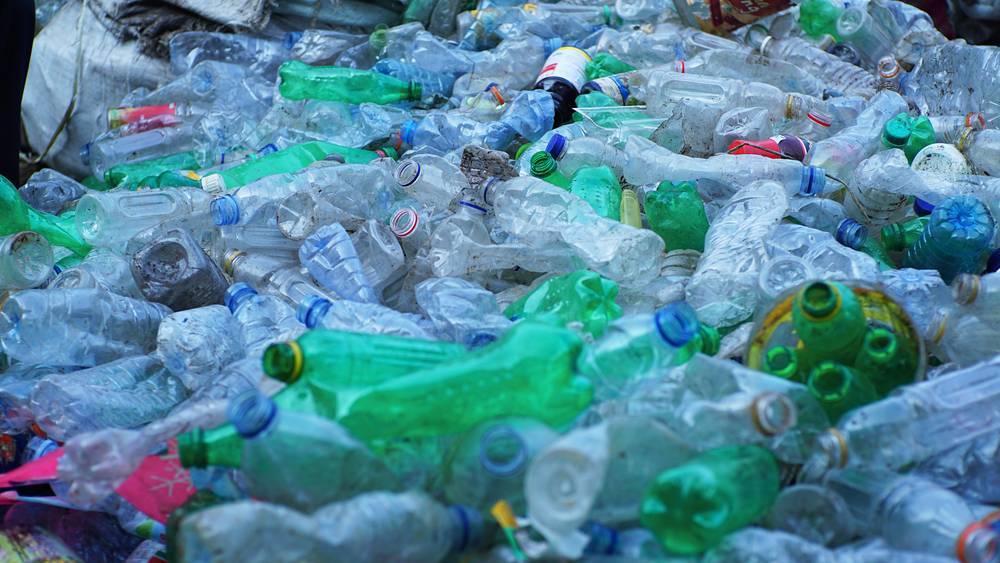Indonesia’s Harapan Sehat Clinic tackles plastic waste by exchanging empty bottles for healthcare.
In an innovative bid to combat plastic waste while providing affordable healthcare, Harapan Sehat clinic in Indonesia’s Cianjur city, has adopted a trash-for-healthcare programme. The clinic exchanges medical treatments and medicines for empty plastic bottles.
With plastic waste becoming an increasingly pressing issue, a novel approach has emerged in the city of Cianjur, Indonesia. The Harapan Sehat Clinic, located in the province of West Java, is turning the tide on both environmental and healthcare issues by accepting empty plastic bottles as payment for medical treatments and medicines.
Origins of the Programme
The brainchild of 43-year-old general practitioner Yusuf Nugraha, the clinic’s founder and director, the programme has been operational since 2009. Dr. Nugraha was motivated by a desire to create a sustainable solution to multiple problems. In plastic, he found an answer to Indonesia’s waste issue and the struggle for affordable healthcare for many of his patients.
The Problem of Plastic Waste in Indonesia
According to data from Indonesia’s environment ministry, the country’s 270 million population generated 12.6 million tonnes of plastic waste in the last year.
The Zero Waste Indonesia Alliance indicates that the country only recycles 9% of its plastic waste. The remaining majority ends up polluting landfills, rivers, and oceans.
Impact on the Local Community
Despite only making a small dent in the overall waste reduction efforts of the country, the programme’s impact on the local community has been significant.
Many impoverished, unemployed, or underpaid citizens have been able to access healthcare services in exchange for plastic bottles, benefiting from treatments for a variety of health concerns.
Clinic Services
Dr. Nugraha and his team at Harapan Sehat Clinic go the extra mile to help their patients. They have even enrolled patients in a government-run national health insurance programme, paid for their insurance premiums, and helped patients to build new homes using bricks made from plastic waste and cement.
Inspiration Behind the Initiative
Dr. Nugraha’s upbringing was certainly humble. Having been raised in a modest household, his mother faced the formidable task of single-handedly raising five children. As a result of these experiences, a fear of falling sick took root in him. This fear was not merely due to the health implications, but also the associated financial burdens.
Subsequently, this deep-seated fear became a motivation, effectively steering him towards a path in medicine. He was steadfast in his determination to become a doctor, and ultimately, he succeeded. However, his journey didn’t stop there. Upon observing the struggles in his community, he boldly initiated the innovative trash-for-healthcare programme. Consequently, this programme aimed at providing affordable healthcare, thereby becoming a beacon of hope for his community.
Future Plans
Dr. Nugraha has plans for expansion. Profits from treating regular patients are being reinvested into the clinic to subsidise treatments for less fortunate patients. The goal is to upgrade the clinic’s status into a polyclinic. In doing so, he hopes to provide both general and specialist treatments for a wider variety of diseases.
The Harapan Sehat Clinic’s trash-for-healthcare programme provides an innovative solution to two major challenges faced by Indonesia: plastic waste management and affordable healthcare. By accepting plastic bottles as payment for medical treatments, the clinic offers a pathway for impoverished patients to access healthcare, contributes to reducing plastic waste, and paves the way for other institutions to explore similar initiatives.
References:
The doctor who accepts used plastic bottles as payment from needy patients. (2023, June 17). YouTube. https://www.youtube.com/watch?v=7MXQeuhrOPk

